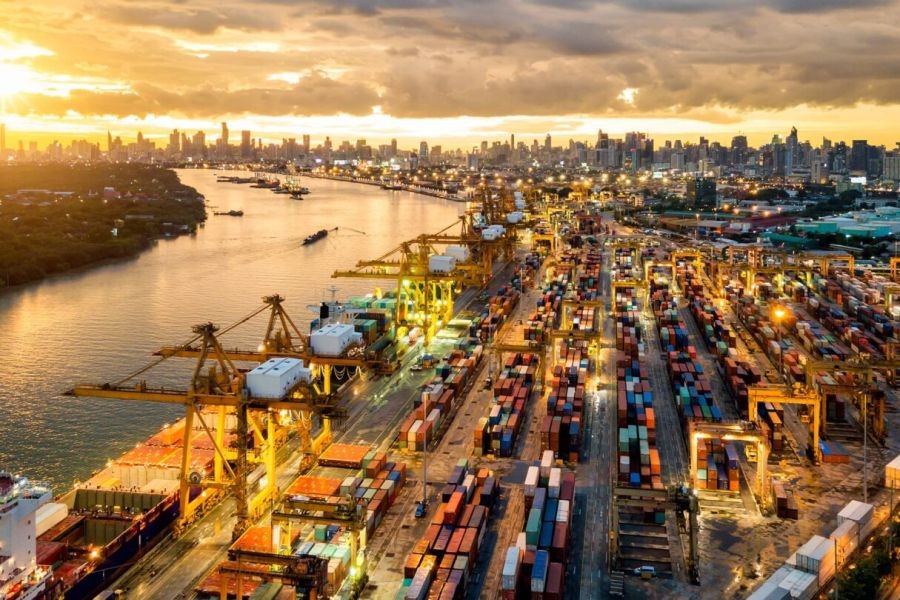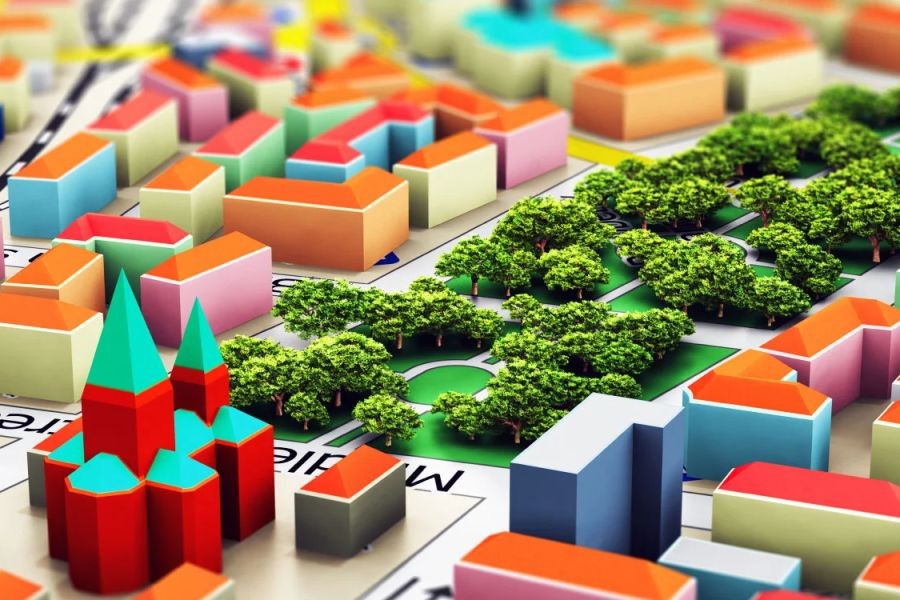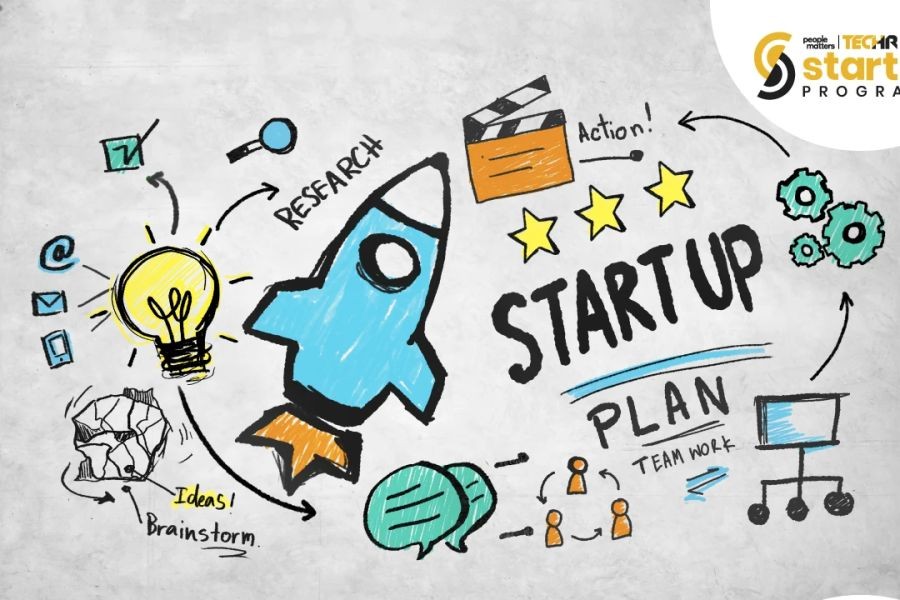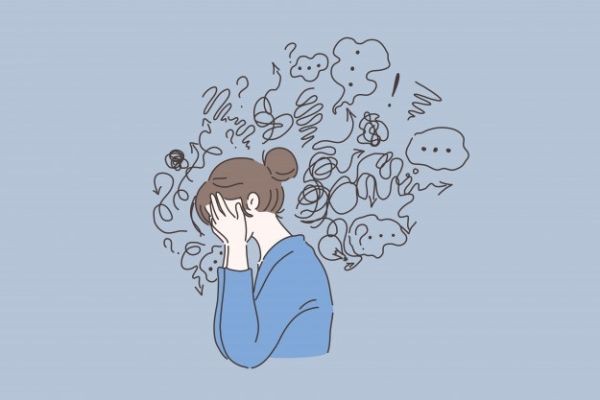In the quiet suburbs of Christchurch, a subtle yet profound transformation is reshaping the very fabric of New Zealand's cultural identity. As Asian migrants settle across the country, they bring with them a rich tapestry of traditions, values, and innovations that are quietly redefining what it means to be Kiwi. This shift is not just cultural but economic, as New Zealand's industries and policies are adapting to this new demographic reality. The implications are far-reaching, impacting everything from local businesses to national policy-making. Let's dive into the nuances of this transformation and explore how it is shaping the future of New Zealand.
Understanding the Asian Migrant Influence in New Zealand
New Zealand has long been a melting pot of cultures, but recent changes in immigration patterns have seen a significant increase in Asian migrants. According to Stats NZ, the Asian population in New Zealand grew by 33% between 2013 and 2018. This demographic shift is largely driven by policies that favor skilled migration and economic partnerships with Asian countries. The result is a dynamic cultural exchange that is influencing everything from cuisine to business practices.
Economic Contributions: The Untapped Potential
Asian migrants have been instrumental in boosting New Zealand's economy. A report from the Ministry of Business, Innovation, and Employment (MBIE) highlights that Asian businesses contribute significantly to sectors like retail, hospitality, and technology. For example, the burgeoning tech industry in Auckland is buoyed by skilled migrants from countries like India and China, who bring in specialized knowledge and global networks.
- Retail and Hospitality: Asian-owned businesses in these sectors have introduced new products and services, enhancing consumer choice and driving competition.
- Technology: With a significant influx of IT professionals, New Zealand's tech sector has seen innovations that are competitive on a global scale.
Culture and Identity: A Harmonious Blend
Beyond economics, Asian migrants are redefining Kiwi culture in subtle yet profound ways. This cultural integration is evident in the arts, food, and social customs across New Zealand. For instance, the annual Lantern Festival in Auckland has become a staple event, attracting thousands to celebrate Asian cultures through music, dance, and culinary experiences.
Case Study: The Lantern Festival in Auckland
Problem: Auckland sought to increase cultural events that celebrate diversity, aiming to foster community engagement and tourism.
Action: The city embraced the Lantern Festival, offering a platform for Asian communities to share their traditions.
Result: Attendance surged by 50% over five years, boosting local tourism and fostering a deeper understanding of Asian cultural heritage.
Takeaway: This case study underscores the value of cultural events in promoting social cohesion and economic growth.
Debunking Myths: Common Misconceptions About Asian Migrants
Despite their contributions, Asian migrants in New Zealand often face misconceptions that can hinder their full integration into Kiwi society. Let's address some of these myths with facts:
- Myth: Asian migrants do not integrate into New Zealand society.
- Reality: The majority of Asian migrants actively participate in local communities and contribute to cultural festivals and events (Source: University of Auckland).
- Myth: Asian businesses only cater to their communities.
- Reality: Asian-owned businesses in New Zealand often serve a diverse clientele, contributing to the broader economy (Source: MBIE Report).
Pros vs. Cons: The Asian Migrant Impact
✅ Pros:
- Economic Growth: Asian migrants have significantly contributed to GDP growth and innovation.
- Cultural Diversity: Enriched New Zealand's cultural landscape with festivals, cuisine, and arts.
- Skilled Workforce: Addressed skill shortages, particularly in technology and healthcare sectors.
❌ Cons:
- Integration Challenges: Language barriers and cultural differences can pose initial challenges.
- Resource Strain: Rapid population growth can strain public services and infrastructure.
- Social Tensions: Misconceptions and stereotypes can lead to social friction.
Industry Insight: The Future of Asian Influence in New Zealand
Looking ahead, the influence of Asian migrants in New Zealand is poised to grow even stronger. As the government continues to pursue trade agreements with Asian countries, the economic and cultural ties will deepen. A report by PwC predicts that by 2030, Asian communities will play a pivotal role in shaping New Zealand's consumer markets and policy directions.
Shaping Policy and Economy: A Balanced View
While the economic benefits of Asian migration are clear, it is crucial to address integration challenges to ensure a harmonious society. Policymakers must focus on inclusive practices that support both new migrants and existing communities. This includes language support programs and initiatives that promote cross-cultural understanding.
Conclusion: A Call to Action
The presence of Asian migrants in New Zealand is not just a demographic statistic; it is a dynamic force that is reshaping the nation's identity. By embracing this change, New Zealand can harness the full potential of its multicultural society. Whether through policy adaptation or community initiatives, the future is one of collaboration and mutual growth. What are your thoughts on how Asian migrants are impacting New Zealand? Share your insights below!
Related Search Queries
- Impact of Asian migrants in New Zealand
- Asian culture in New Zealand
- New Zealand immigration policies for Asians
- Asian businesses in New Zealand
- Multicultural festivals in New Zealand
People Also Ask
How do Asian migrants impact New Zealand's economy?
Asian migrants contribute significantly to New Zealand's economy, enhancing sectors like technology, retail, and hospitality, according to an MBIE report. Their presence boosts innovation and economic growth.
What are the biggest misconceptions about Asian migrants in New Zealand?
A common myth is that Asian migrants do not integrate into society. However, research from the University of Auckland shows active participation in local communities and cultural events.
What are the best strategies for integrating Asian migrants into New Zealand society?
Experts recommend community engagement through cultural festivals, language support programs, and inclusive policy-making to foster integration and mutual understanding.
What upcoming changes in New Zealand could affect Asian migrants?
By 2026, policy updates in immigration and trade could enhance the influence of Asian migrants, encouraging economic and cultural exchanges.
Who benefits the most from Asian migration to New Zealand?
Asian migration benefits local businesses, the technology sector, and cultural communities, fostering economic growth and cultural diversity.































